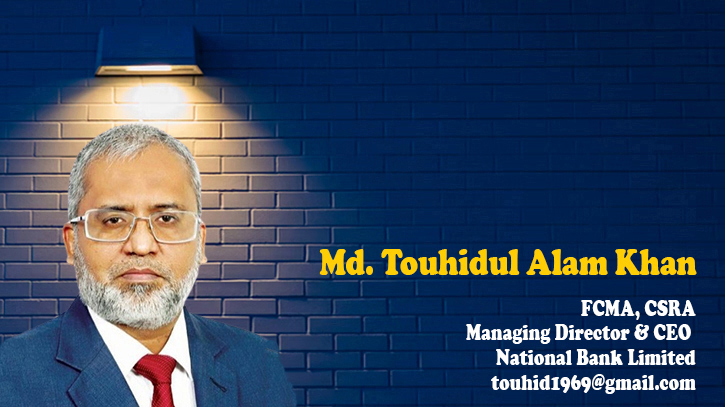
Leasing remains an essential pillar of Islamic finance, bolstered by both governmental and private sector initiatives. The past year has seen remarkable advancements within the realm of Islamic leasing, characterized by significant transactions and strategic developments that have positioned the sector for continued growth.
Overview
While comprehensive data on Islamic leasing transactions are scarce, the global leasing market has shown promising growth trajectories. As per projections by The Business Research Company, the market expanded from approximately US$1.69 trillion in 2023 to an estimated US$1.86 trillion in 2024, with expectations of reaching US$2.74 trillion by 2028. This represents a robust compound annual growth rate of 10.2%. The momentum is driven by factors such as an increasing global population, progressive developments in the healthcare sector, escalating infrastructure investments, and sweeping mega-infrastructure initiatives.
Islamic leasing has been marked by substantial deals, including large-scale infrastructure leasing, short-term Sukuk Ijarah, and innovative gold-backed lease certificates, attracting a diverse range of participants. Sukuk Ijarah has gained traction in sovereign nations as a key asset, effectively addressing both residential demands and fostering growth among small and medium enterprises (SMEs). The spectrum of leased assets has broadened, including vital government-owned facilities and extensive public infrastructure.
The aviation sector has not been overlooked, witnessing investment exceeding US$1 billion in recent issuances. With aircraft and ancillary equipment demands remaining high, aviation leasing companies have responded by actively utilizing Sukuk and Islamic financing mechanisms to maintain operational efficiency and growth.
Notable developments
A variety of significant leasing-related agreements have emerged from non-banking financial institutions (NBFIs) and the aviation sector. October 2024 marked a historic moment as Saudi financing company Tamweel Aloula became the first NBFI in the Kingdom to issue Sukuk, raising SAR500 million (US$133.05 million). These funds are strategically earmarked for enhancing digital leasing financing capabilities.
In parallel, Aljazira Capital, under the aegis of Bank AlJazira, has collaborated with ATEL Capital Group to unveil an Ijarah business specifically designed for corporate clients, emphasizing the importance of tailored financing solutions in the market. Furthermore, the Islamic Corporation for the Development Sector (ICD) has taken proactive steps in Kazakhstan by issuing Sukuk aimed at strengthening Islamic financing, which includes leasing provisions.
In the aviation domain, AerCap Holdings launched its first Sukuk worth US$500 million, offering a five-year tenor with a competitive 4.5% coupon rate. Simultaneously, AviLease, a jet leasing firm backed by the Saudi Public Investment Fund, secured an impressive US$1.1 billion in unsecured financing, which features a Shariah-compliant tranche.
Sovereign Sukuk Ijarah deals
Countries including Pakistan, Brunei, Bahrain, and Turkiye have emerged as consistent issuers of sovereign Sukuk Ijarah instruments, showcasing a collective inclination among sovereign entities to leverage Islamic leasing for funding solutions. Pakistan, particularly active in this sphere, commenced issuing Sukuk Ijarah facilities through the Pakistan Stock Exchange in 2024, successfully raising over US$5 billion to date. This trend underscores the escalating significance of Islamic leasing in addressing funding needs and propelling economic development in respective regions, reflecting an ever-growing integration of Islamic finance within the global economic framework.
The author is the Managing Director & CEO of National Bank Limited. He is a fellow member of the Institute of Cost & Management Accountants of Bangladesh (ICMAB) and the first Certified Sustainability Reporting Assurer (CSRA) in Bangladesh. He is also a post-graduate diploma from the Institute of Islamic Banking & Insurance (IIBI), United Kingdom.








